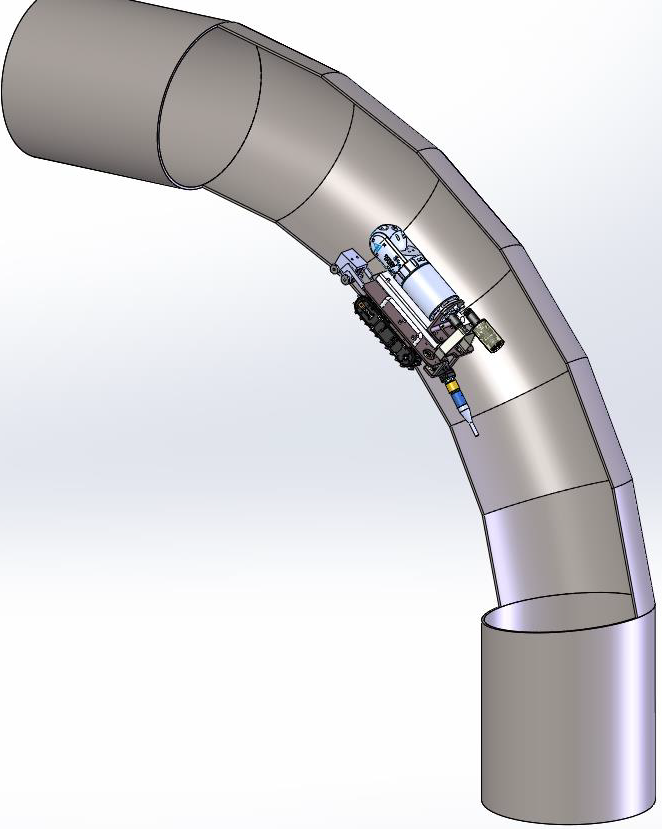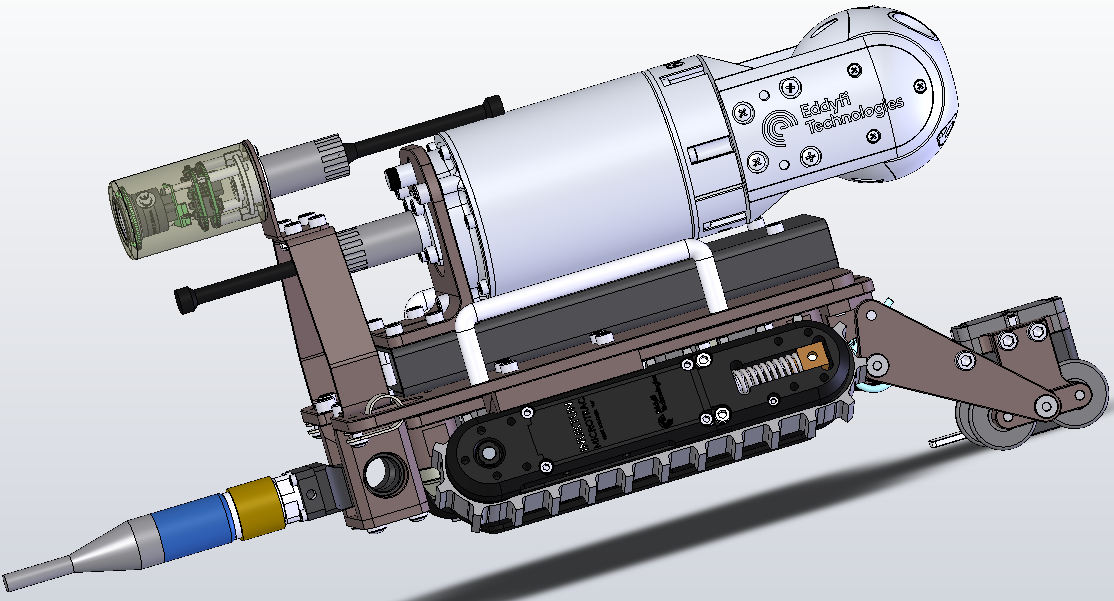Enabling Recycled Aluminum Initiatives in Automotive Manufacturing
Ask an expertSignificant action has been taken to implement closed loop recycling systems in the automotive manufacturing industry. According to their media center1, one vehicle producer recycles enough aluminum to build 360,000 truck bodies a year; the automotive facility recycles as much as 20 million pounds of scrap aluminum material on a monthly basis. Aluminum is a highly recyclable material that provides the lighter weight needed to help meet global standards for better fuel efficiency and a smaller carbon footprint. This is made possible with a pneumatic slurry system incorporating massive vacuums and long lengths of pipework that separate the aluminum from other materials and sort it by alloy grade. The intricate system deals with varying metal scraps traveling long distances in a confined space. The strong military-grade scrap metal is reduced to a smaller size and reshaped into coils later used for new vehicle builds. So, what happens when there is a problem with the system?
The Challenge
Investigate blockage in recycled aluminum slurry system featuring long lengths of complex horizontal, vertical, and curved pipework

1 https://media.ford.com/content/fordmedia/fna/us/en/news/2016/04/22/ford-recycles-enough-aluminum-to-build-30000-f150-bodies.html
An aluminum scrap handling system required investigation of scrap material getting struck in a slurry line. There was a requirement to examine the blockage without knowing the precise location within the chute. The system featured long, complex ductwork that would be problematic for any standard inspection equipment to navigate. More specifically, the solution needed to travel horizontally and vertically in 400- and 460-millimeter (16- and 18-inch) internal diameter, 12-gauge carbon steel pipe. The pipework featured a segmented elbow consisting of seven sections with a 1.2-meter (4-foot) center line radius. The inspection solution would need to be capable of travelling 3 meters (10 feet) horizontally, transitioning 90 degrees through a segmented elbow to a vertical segment, travel 9 meters (30 feet) vertically, transition 90 degrees through a segmented elbow to a horizontal segment, and continue horizontally another 1.5 meters (5 feet) — no small feat. Finally, with restrictions to onsite testing amid a global pandemic, the solution needed to be validated another way.
The Solution
Custom inspection robot adapted to navigate and perform remote visual inspection internally, without dismantling recycling system

A robotic crawler with a modular design approach facilitated the adaptability required to answer the inspection job requirements. A commercially available magnetic crawler with two extended high-torque micro-controlled tracks and two onboard inspection cameras —a forward-facing pan-tilt-zoom camera and a rear-facing fixed focus camera— offered the ideal platform for internal remote visual inspection of the scrap aluminum recycling system. The crawler controlled by a portable encased computer system was capable of travelling 100 meters (330 feet) with the tether easily accommodated on a mini reel with encoder for distance feedback. In order to navigate the challenging geometry, the inspection robot included the following features:
- Adjustable height magnet tray
- Magnetic balance cart located in front of the crawler to support climbing inside the vertical radius of the segmented elbow
- Angled track mounts for 400- and 460-millimeter (16- and 18-inch) internal diameters
- Swivel tether connection to support horizontal-to-vertical and vertical-to-horizontal transitions.

The adjustable height magnet tray ensured sufficient magnetic adhesion for vertical travel. The operator could adjust lift-off, or air gap, between the magnet tray and pipe wall as needed. The magnetic balance cart also increased adhesion while climbing the inside vertical radius of the scrap metal chute. The custom solution was validated through initial mechanical modelling techniques to simulate the transitions and later by an in-house test apparatus constructed with the specified segmented elbow.
The vehicle provided real-time visual data of where the blockage issue was, without needing to dismantle the entire recycling system, and provided clear information for informed decisions.
In-house custom system performance verification
Benefits
- Modular design approach enabled quick delivery of bespoke system, minimizing operational downtime for automotive manufacturer
Leveraging the multi-mission modular design approach, Eddyfi Technologies was able to provide a bespoke yet proven inspection solution within a very tight deadline. Understanding the need to mitigate production downtime, the expedited delivery of the magnetic scrap chute inspection crawler was pivotal in ensuring continued automotive manufacturing operations. With the technical expertise to accommodate remote tooling requirements, it would also be possible to assist with removing the aluminum slurry line blockage.
With automotive manufacturers and OEMs stepping up to reduce their carbon footprint through initiatives including closed loop recycling, Eddyfi Technologies offers inspection solutions to assist with asset health monitoring for maximum productivity. Contact us to discuss your specific requirements.








